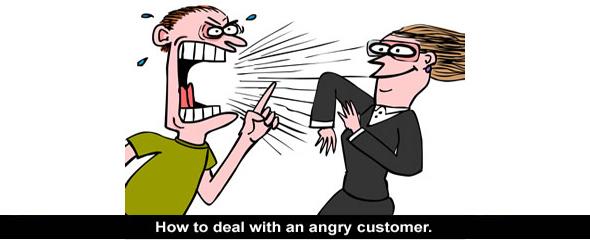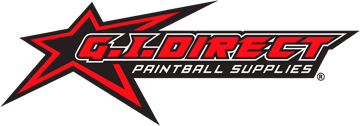
In any business, nobody wants to pay “too much” for the goods and products they resell. It just makes sound business sense to get the lowest price possible for your inventory, to achieve the highest margin that’s reasonably possible. However, efforts to cut costs too aggressively can often backfire. With consumables like paintballs, a commodity mentality tends to creep in, and many unwary field operators have been tricked into paying to LITTLE for paintballs, a mistake that carries a high financial penalty.
With paintballs, this basic rule is inescapable: The good stuff ain’t very cheap, and the cheap stuff ain’t very good. Nevertheless, many inexperienced field operators still naturally wish for paint that is consistently good and cheap at the same time. That wish is human nature in every consumables-based industry, from restaurants to bars, from apparel to Paintball. Still, the facts repeat themselves every week when some newer player or field operator buys some unknown brand for a dirt-cheap price, and gets a box full of infuriating paintball soup. They saved nothing, and lost everything.
You’ve worked so hard and spent good money to attract guests to your field, and they want a memorably, thrilling, adrenaline-charged Paintball experience, which requires reliable paintballs that seldom break in the barrel and usually break on impact. Imagine their disappointment when instead, they spend the day squeegying out dripping barrels or wincing in pain from overly tough shells. You can bet they’ll become your worst public-relations nightmare. Imagine if a Player develops an allergic reaction to the black mold left behind by some of the cheapest formulas being peddled by today’s importers or distributors? Paintball quality is never a corner you can afford to cut too close.
For field operators, what is worse than simply getting burned on a cheap skid or two is the proven fact that disappointed or frustrated players at your field tell MORE people about their bad experience than your happy Customers do. Time and again, marketing studies have indicated that a pissed-off customer may tell as many as five to ten times more people about their bad experience as a happy one! That is an enormous and punishing risk.
Most efforts to save an extra few bucks on field paint usually result in lower consistency, loud player complaints, game stoppages, excessive barrel cleaning (or higher pain factors), the distraction of referees and field staff, and nowadays, the potential health risk posed by black mold formations caused by competitors’ oil-filler ingredients. For the most experienced operators in the game, it’s far easier to pay enough to receive known-quality field paint with the highest reliability and a sound reputation for environmental safety. Keeping the players shooting and smiling and using up more and more paint always results in more sales, return visits and referrals, always more than overcoming the imaginary savings of buying too cheaply.
Field Operators should think of every rental marker as a CASH REGISTER: Every time a marker stops working, the register stops. That Player stops having fun, stops consuming paint, and their complaints negatively affect everyone else’s mood, stopping your sales flow, and consuming your staff’s time. Remember, complainers tell more people about their problems than happy people do. Ouch.
Another unknown economic disaster that plagues every “cheap-paint” field operator is that cheap no-name paintballs peddled by “bargain” importers offer no genuine “Field-Paint Only” protected colors. Thus, players can buy your same color paintballs elsewhere, and shoot them on your F.P.O. field without bringing you any income at all. To combat this costly loss of revenue, seek truly protected colors or printed patterns that are available exclusively to official GameFields, closing the possibility of illegal paint being smuggled in. For additional protection, ask your Rep about how to qualify for having your logo or initials custom printed on your Field Paint.
John Ruskin, an influential author and social commentator, wrote The Common Law of Business Balance: “It’s unwise to pay too much, but it’s worse to pay too little. When you pay too much, you lose a little money – that is all. When you pay too little, you sometimes lose everything, because the thing you bought was incapable of doing the thing it was bought to do. The common law of business balance prohibits paying a little and getting a lot – it can’t be done. If you deal with the lowest bidder, it is good to add something for the risk, and if you do that you’ll have enough to pay for something better”.
A great quote on the economics of quality says,
“When the sweetness of the low price is forgotten, the bitterness of poor quality lingers on…”.
Remember: The smiles on your Players’ faces are worth a fortune, and they’re available for only a little more…
